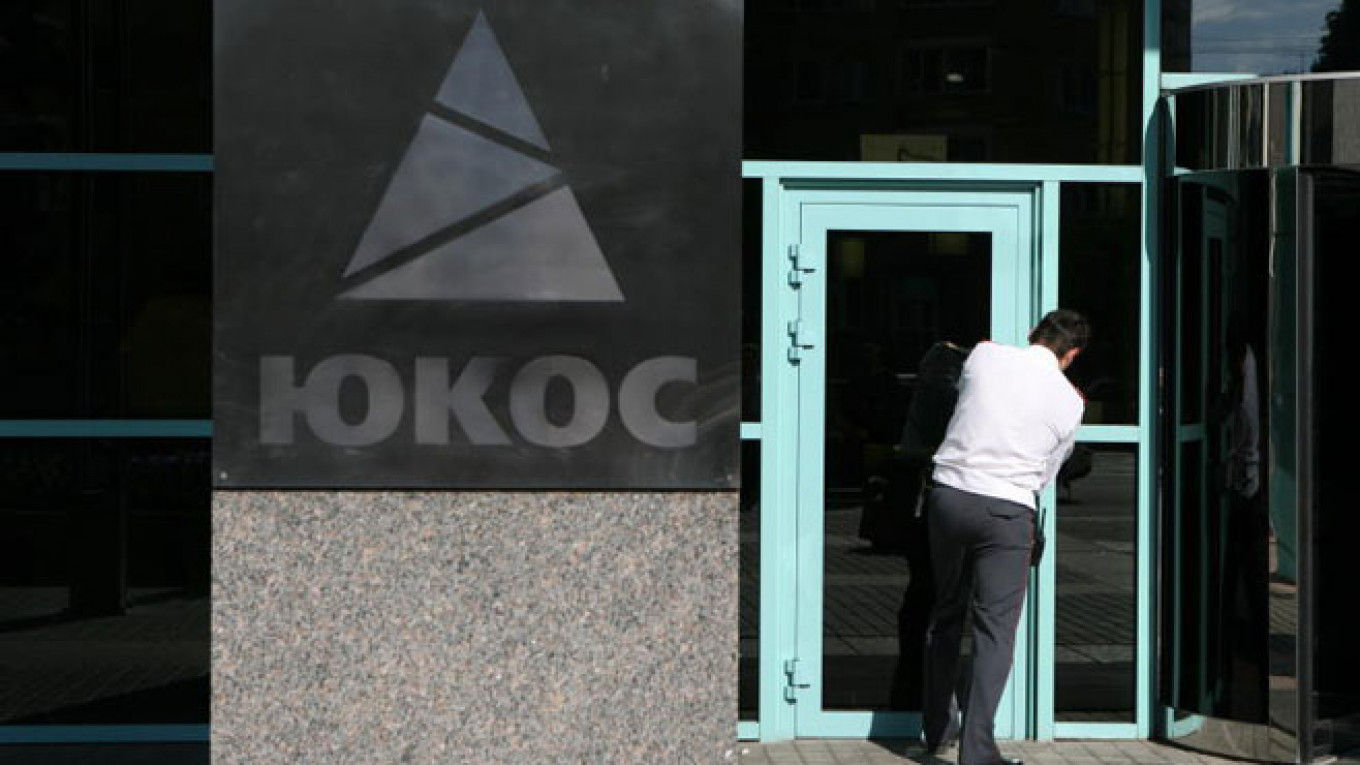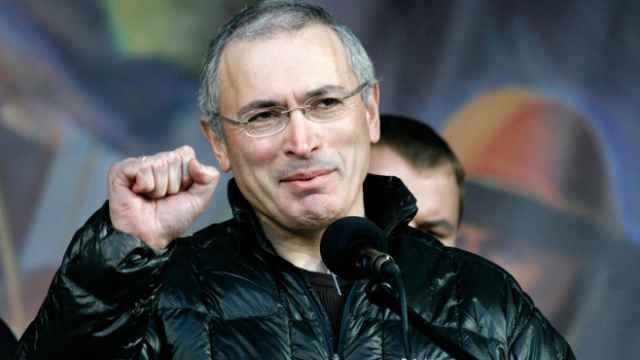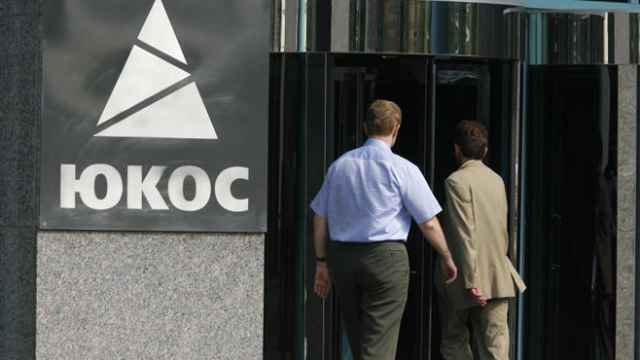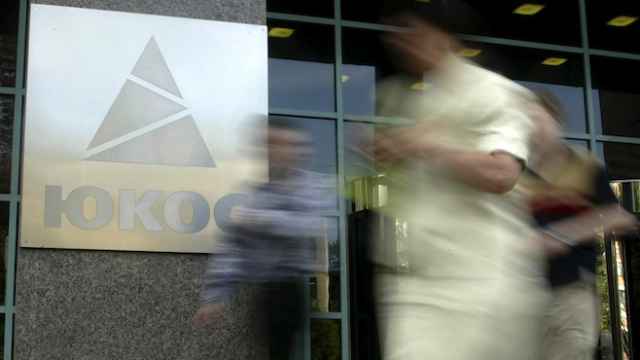The Russian government has seen a number of its assets abroad apparently frozen following the Kremlin's refusal to abide by a multibillion-dollar court settlement compensating shareholders in the now-defunct oil company Yukos.
On Thursday, French police froze the accounts of Russian state-owned foreign news agency Rossia Segodnya, news agency Interfax reported, citing head editor Margarita Simonyan. The arrest is tied to the Yukos case, according to Interfax, and may be a prelude to more freezes across Europe.
“As concerns other countries, after the situation in France, the company is seeing about taking measures to prevent a halt in work on radio and online transmissions,” Simonyan said, Interfax reported.
The Kremlin also said on Thursday that it was carefully examining a reported Belgian move to seize Russian state property in Belgium.
Interfax said Wednesday that a Belgian arbitration court had ruled in favor of a group of former shareholders about seizing Russian state property worth 1.65 billion euros ($1.9 billion) in Belgium. Belgian bailiffs Sacre and De Smet declined to comment.
An international arbitration court ruled last July that Russia must pay $50 billion for expropriating the assets of Yukos, which was once Russia's biggest oil producer and was run by Mikhail Khodorkovsky, a billionaire businessman who fell out with the Kremlin.
The GML group of former shareholders who made the claim said then it would be hard to get Moscow to pay, so it started "recognition proceedings" in Britain, the United States, Belgium and France to enforce the decision in their capitals.
In Belgium and France that means that GML "can attach assets of the Russian government to safeguard the ultimate award," said Tim Osborne, director of the GML group, in a move which forces local courts to freeze Russian state assets, possibly for years.
"Russia has made no effort to contact us to try and discuss [the $50 billion award] and has made it very clear that they are not going to pay it, so we are left with no choice but to enforce it," he told Reuters.
"It will take a number of years, we always knew it would … but we've got the stamina and budget to do it,” Osborne said.
Several dozen companies in Belgium had been told to provide information on whether they own any Russian state assets, Interfax and other local media said.
Kremlin spokesman Dmitry Peskov said the government and its lawyers would look into the matter.
"We are now in the most careful manner examining all circumstances of the claim," he said.
The Kremlin has said previously that it considers the judgment purely political. There is no provision in the federal budget this year for payment to the Yukos investors. The budget is already under pressure from an expected 3 percent economic contraction this year amid low oil prices and Western sanctions over the Ukraine crisis.
A Kremlin aide, Andrei Belousov, said the court's decision contained a number of violations.
"We are concerned. We expect a number of countries to take similar measures," he told reporters at an economic forum in St. Petersburg.
Alexei Ulyukayev, Russia's economic development minister, said he considered the move to be unlawful.
The head of a subsidiary of Russian bank VTB, Mikhail Zadornov, told the Rossia-24 television station that the accounts of Russian companies and its diplomatic mission had been frozen at the bank's French subsidiary on Wednesday. He added that the diplomatic accounts were unblocked.
Reuters is checking the reports.
Yukos' former shareholders had celebrated the award made by the court in The Hague last year, which ruled that the Russian authorities had subjected Yukos to politically motivated attacks when it was broken up and nationalized, with most assets handed to Russian oil producer Rosneft.
Khodorkovsky was arrested at gunpoint in 2003 and convicted of theft and tax evasion in 2005, seen by many critics as punishment for opposing Putin though the Kremlin denies this.
On Twitter, Khodorkovsky, who now lives in exile and is critical of the government, welcomed the move.
"I expect that the money will be spent on projects that will benefit Russian society," he said.
Material from The Moscow Times was included in this report.
A Message from The Moscow Times:
Dear readers,
We are facing unprecedented challenges. Russia's Prosecutor General's Office has designated The Moscow Times as an "undesirable" organization, criminalizing our work and putting our staff at risk of prosecution. This follows our earlier unjust labeling as a "foreign agent."
These actions are direct attempts to silence independent journalism in Russia. The authorities claim our work "discredits the decisions of the Russian leadership." We see things differently: we strive to provide accurate, unbiased reporting on Russia.
We, the journalists of The Moscow Times, refuse to be silenced. But to continue our work, we need your help.
Your support, no matter how small, makes a world of difference. If you can, please support us monthly starting from just $2. It's quick to set up, and every contribution makes a significant impact.
By supporting The Moscow Times, you're defending open, independent journalism in the face of repression. Thank you for standing with us.
Remind me later.






